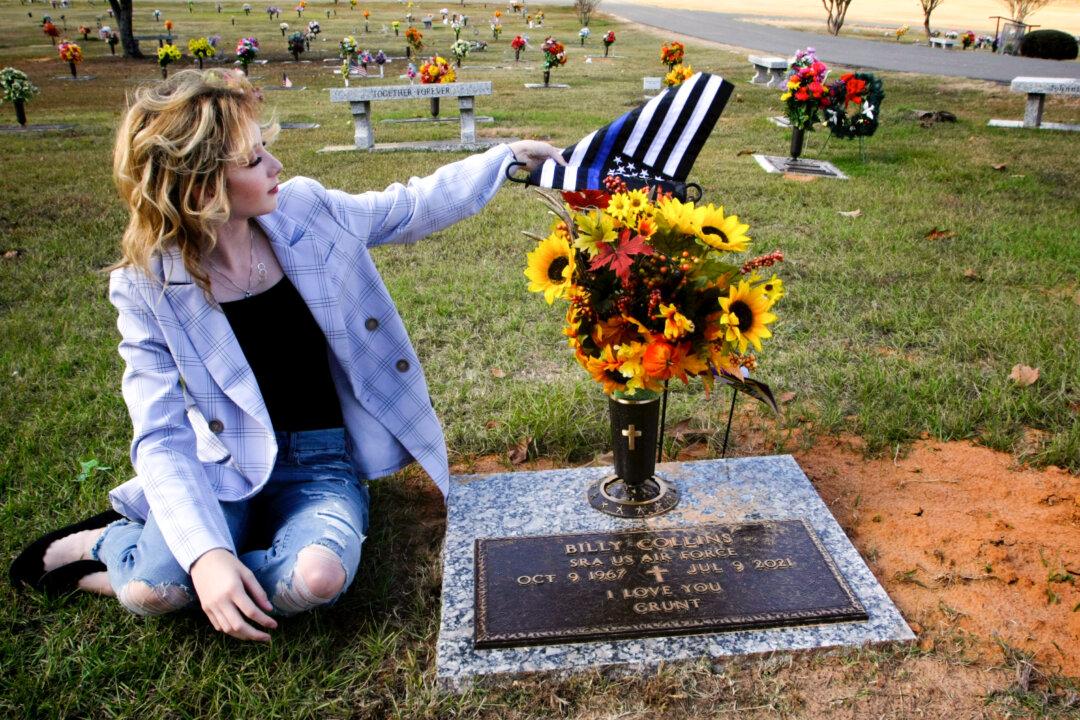DOYLINE, La.—“Crinkle-cut fries are better than curly fries.”
And with that, Officer Billy Collins got the last word in on a long-running household controversy.


DOYLINE, La.—“Crinkle-cut fries are better than curly fries.”
And with that, Officer Billy Collins got the last word in on a long-running household controversy.